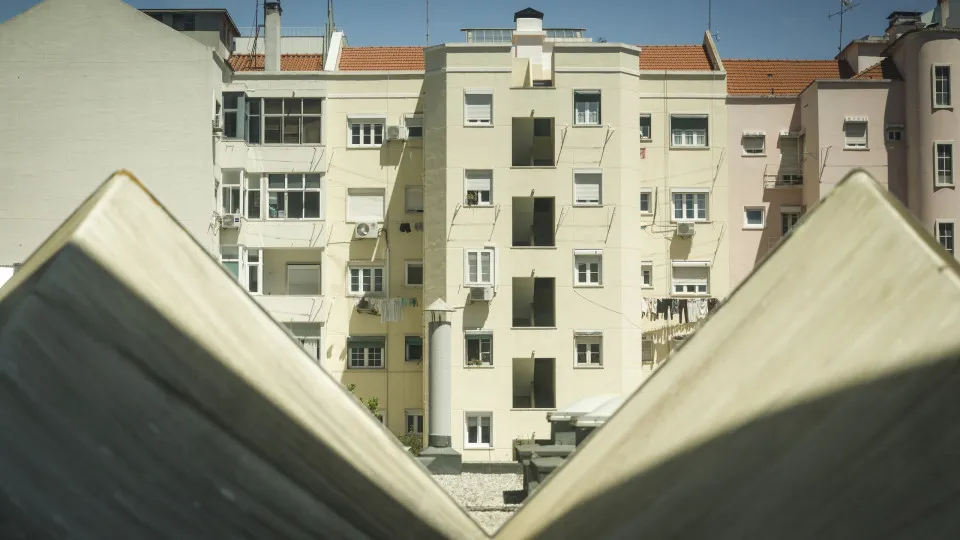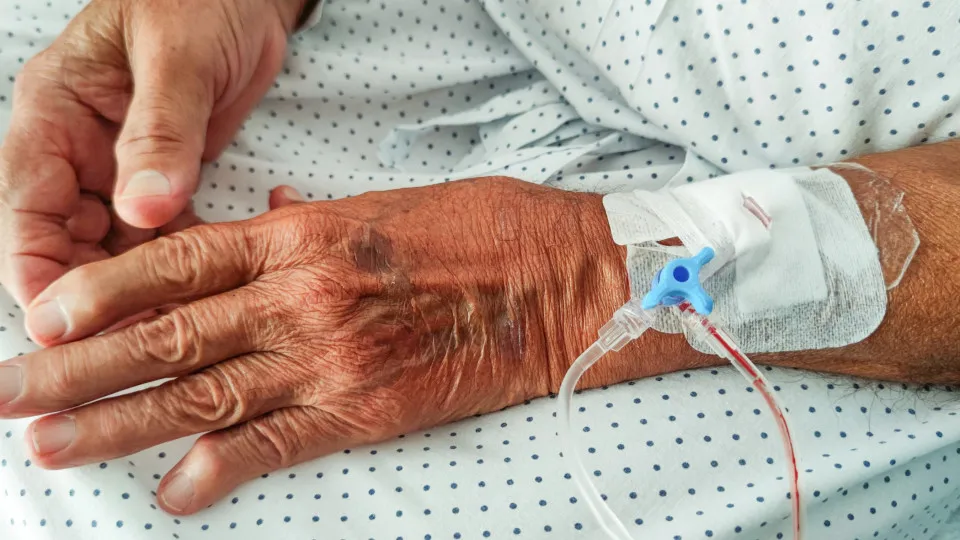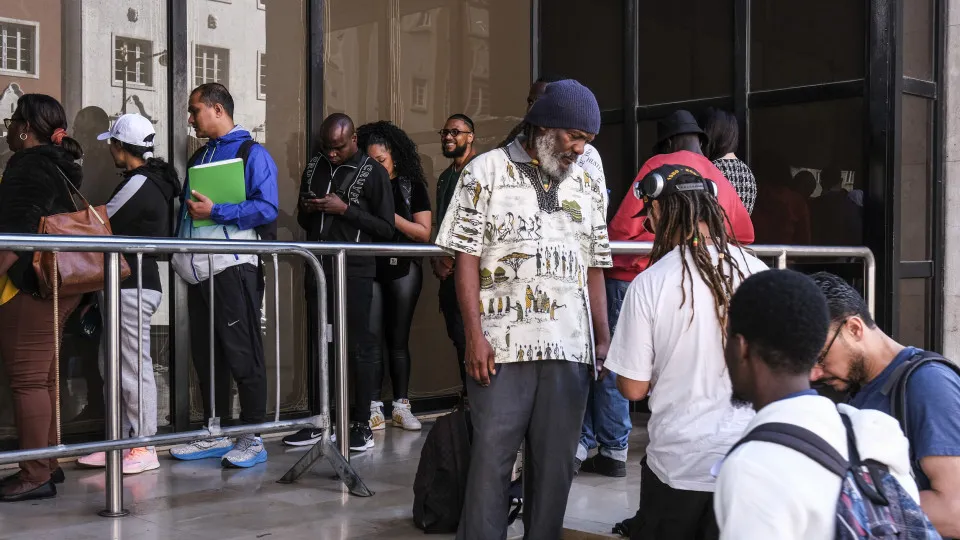
“The existing housing stock is simultaneously aging and deteriorating, contributing to situations of energy poverty and inadequate housing conditions, which are on the rise,” states a document produced by ISCTE – University Institute of Lisbon, titled “The State of the Nation and Public Policies 2025”.
In the chapter on housing, authored by Joana Pestana Lages, it is noted that of the nearly six million housing units surveyed in 2021, only 70% are used as primary residences, and the comparison between the number of housing units and households reveals a surplus of about 1.8 million units.
“There are many more houses than households, but the apparent oversupply does not lead to greater accessibility or guarantee the right to housing. On the contrary, unequal distribution across the country, abandonment, and allocation to other purposes hinder their mobilization,” the researcher reports.
Phenomena such as the “financialization of housing,” along with “gentrification and the touristification” of urban centers, have “exacerbated residential exclusion” and revealed “conflicting interests,” which do little to foster solutions, she argues.
“Meanwhile, 76% of young people between 20 and 29 years old live with their parents, and shanty towns have reemerged on the outskirts of Lisbon, highlighting Portugal as the country with the most difficult housing access among the 30 OECD countries for which data is available,” according to the document comprising 16 essays that led to a book being presented today.
This is identified as “a perverse problem,” which according to the expert requires transformative solutions, “not merely temporary ones.”




